Impacts on production
Dak Nong currently has a number of products participating in direct and indirect export to European markets such as: coffee, cashew, pepper, cocoa, passion fruit, cashew nuts, fruits...
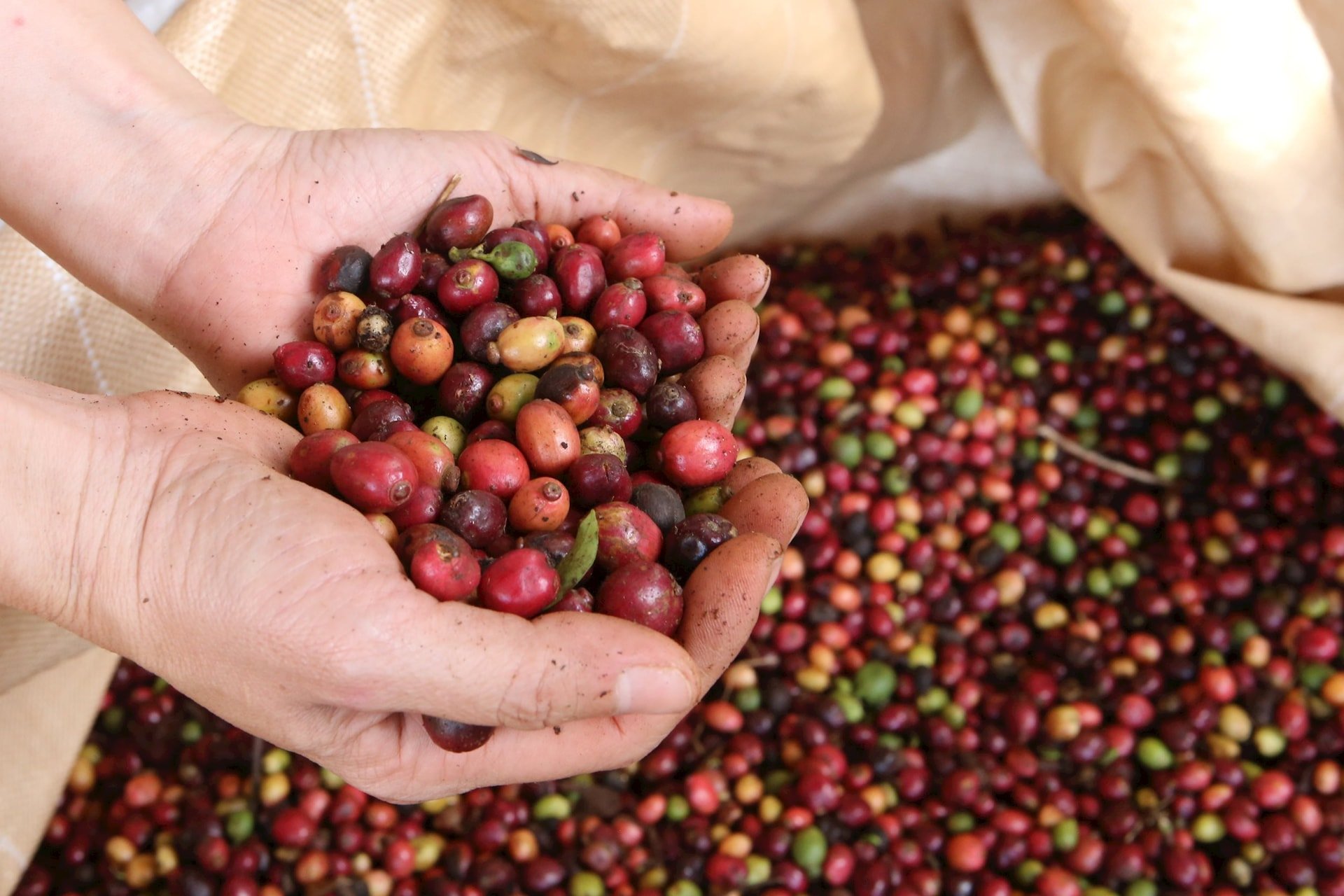
Among the products, Dak Nong coffee is maintaining stable export output to markets in Germany, Spain, Italy and the UK.
According to the Department of Industry and Trade, in the 11 months of 2024, Dak Nong coffee exported to the European market with a total output of 5,987 tons, reaching a turnover of 24.3 million USD.
In 2024, Dak Nong's coffee output exported to European countries will account for 8.58% of total coffee export output; accounting for 10.45% of Dak Nong's coffee export turnover.
Of which, exports to Germany were 3,599 tons, equivalent to 15.2 million USD; Spain 1,080 tons, equivalent to 4.1 million USD; Italy 794 tons, equivalent to 3.3 million USD; UK 514 tons, equivalent to more than 1.7 million USD.
As for cocoa and rubber products, statistics from the relevant authorities show that last year they almost did not participate in exports to the European market.
It can be seen that if Europe applies the EUDR regulation, Dak Nong's related export products will certainly face challenges.
The EUDR regulation will increase costs, as there will be many additional procedures for registering trademarks, product origins, and assessing impacts related to deforestation or forest degradation. Increased costs will affect the competitiveness of Dak Nong goods in the European market...
However, statistics from the Department of Agriculture and Rural Development show that the export quota of related products of Dak Nong to Europe currently only accounts for about 2.63% of the total export turnover of the whole province.
Because the quota to enter Europe is low, in the short term, the overall impact of the EUDR regulation on Dak Nong's exports is not too large, and has not had much impact on agriculture and farmers.
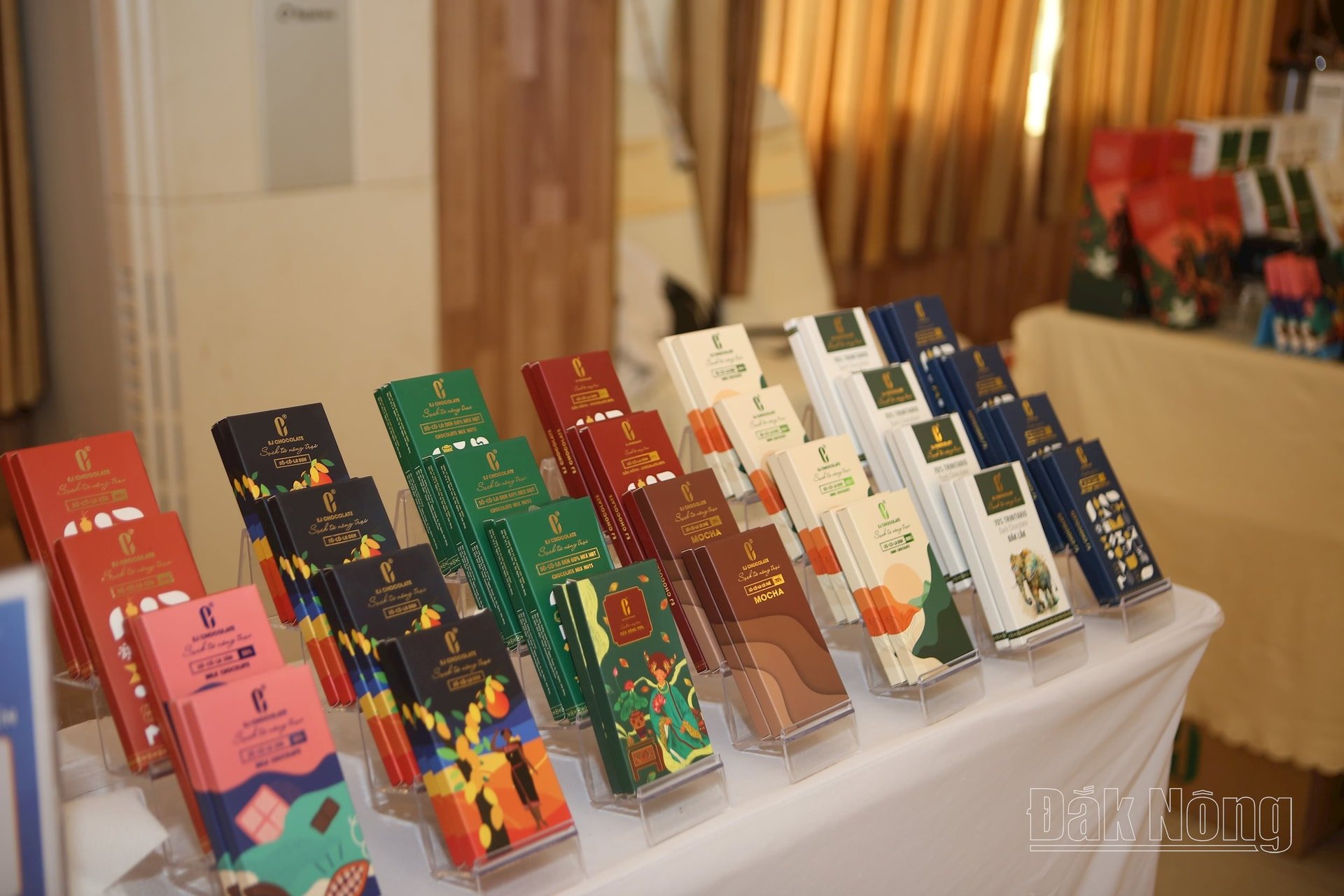
In addition, the EUDR regulation stipulates that the time to calculate deforestation and forest degradation is from December 31, 2020 onwards. In fact, before this time, Dak Nong had managed the forest very strictly.
Basically, the province had "closed" its natural forests before 2020, so there are not many industries originating from factors of deforestation and forest degradation.
According to the Department of Industry and Trade, in the 11 months of 2024, Dak Nong's export turnover reached more than 921.6 million USD. Dak Nong's export markets with the highest and most stable proportion are Singapore, South Korea, Australia, China, the United States, the Philippines, Japan...
Solutions to overcome EUDR regulations
With anti-deforestation regulations from Europe from January 1, 2025, some agricultural products destined for export to Europe from Dak Nong are being prepared early by businesses, especially in terms of procedures.
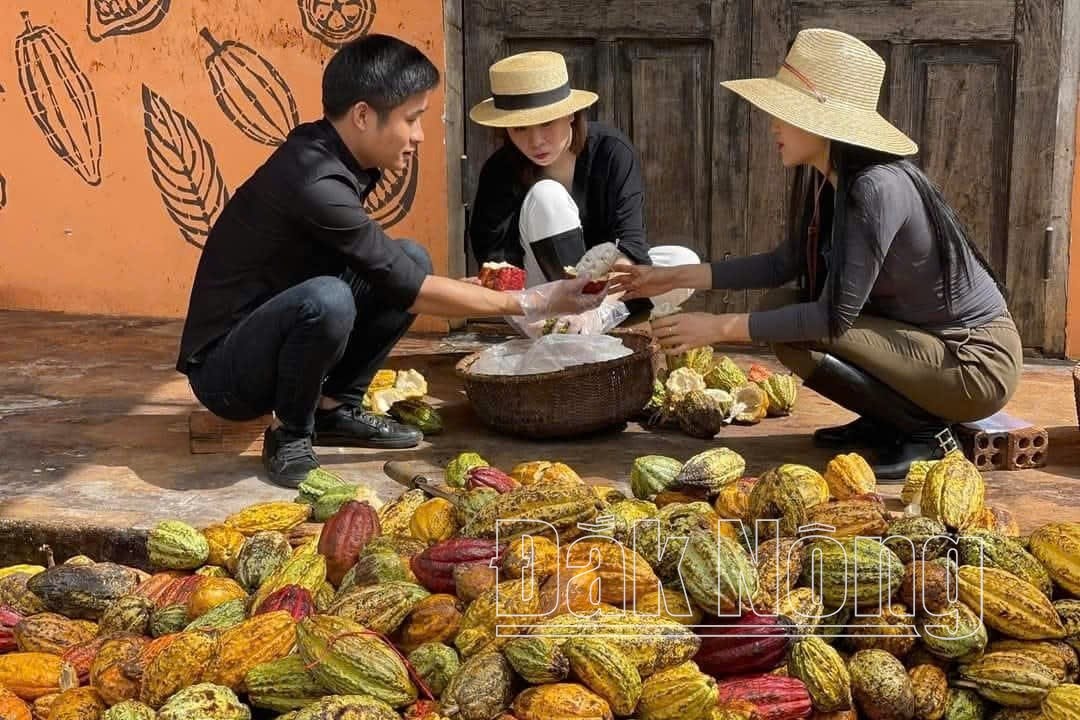
For businesses that have gradually become familiar with the concepts of green consumption trends and sustainable production regulations such as Dak Nong Basalt Coffee Company Limited, getting acquainted with and complying with EUDR regulations is not too complicated.
Company Director Le Van Hoang said that the company is currently cooperating to grow about 300 hectares of cocoa and nearly 400 hectares of coffee. The products are produced by the company in the direction of high quality, strictly following regulations from the care and processing stages.
The company is currently looking to expand its product market to European countries. In response to information about the EUDR regulations, the company has proactively participated in a number of seminars to disseminate information about these regulations.
“Basically, the company finds that its growing areas are not affected much by the EUDR regulations. In the near future, the company will ask the Department of Agriculture to provide further guidance on procedures to have the most solid preparation before entering these demanding markets,” Mr. Hoang shared.
The company has traced the growing area and clear information of the farmers for all products. The company has comprehensive information, garden growing and processing processes for partners.
Last year, the company brought cocoa products to the Belgian market, but with a small output. Customers also tested samples about 4-5 times. Next year, partners will visit the production garden.
Dak Nong currently ranks third in the country in terms of coffee area and output, with about 143,000 hectares. Of these, about 100,000 hectares of coffee have been granted land use rights certificates and about 23,500 hectares are produced according to voluntary sustainable standards such as 4C and Rainforest.
Similarly, Daknoruco Rubber Joint Stock Company (Dak Mil) currently has more than 400 hectares of rubber, scattered in 8 communes of Dak Mil and Dak Song districts.
In 2024, due to replanting and new planting, the company's rubber output will only reach about 200 tons. The product is currently consumed domestically.
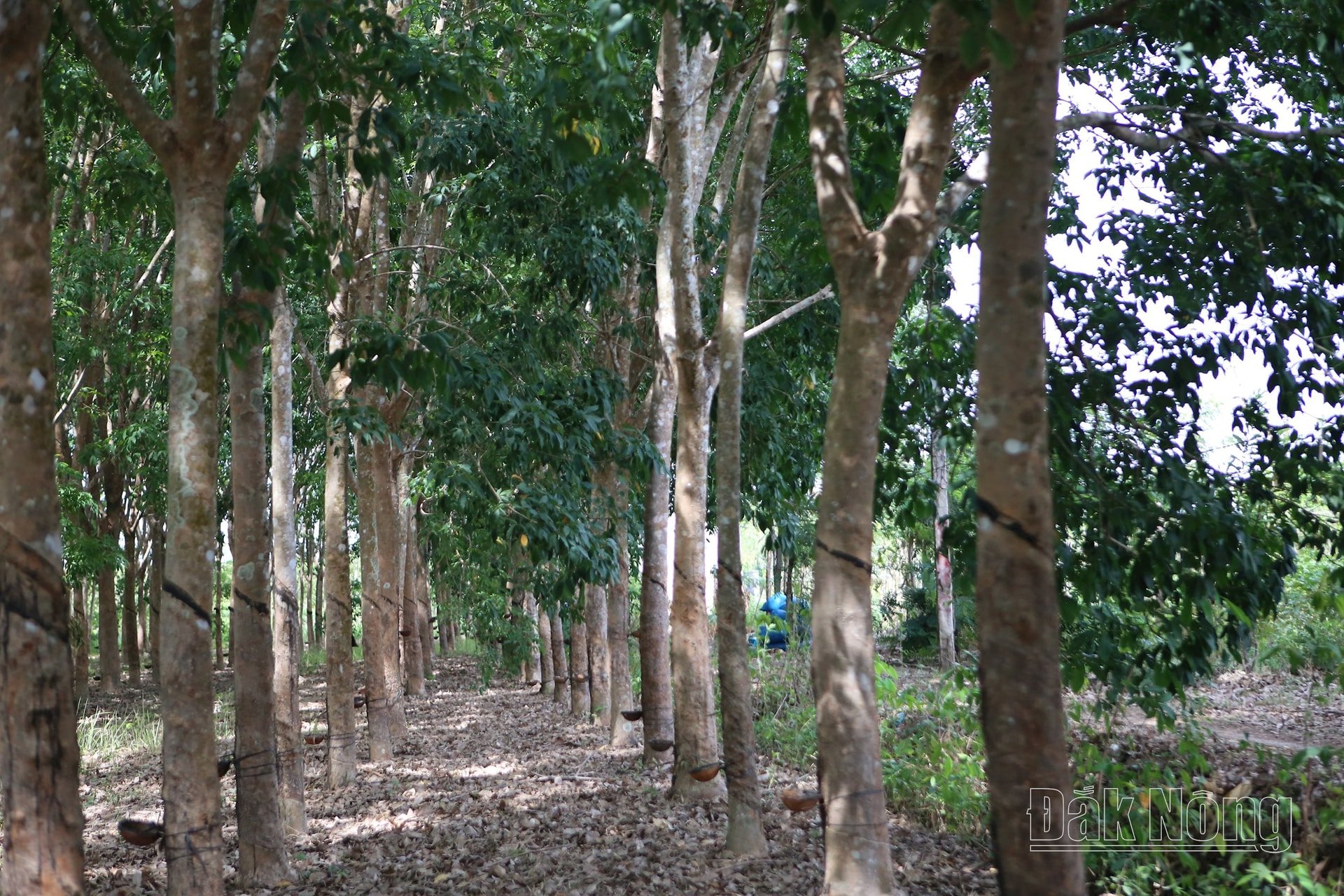
Company Director Nguyen Van Sieu said that rubber products are grown in Dak Nong, harvested from the garden for sale, so tracing the growing area is not a concern. The company's rubber garden was planted more than 30 years ago, so there is no concern about deforestation.
“The company’s orientation in the coming time will be to expand to export. To meet the new standards of the EUDR regulation, the company will discuss carefully and build the best roadmap, favorable for long-term rubber export activities,” Mr. Sieu expressed.
European consumers in particular and the world in general are increasingly interested in safe agricultural products.
Therefore, the European anti-deforestation regulations can be a lever to promote Dak Nong's industries to develop in the direction of improving quality while protecting the environment.
Source: https://baodaknong.vn/hang-xuat-khau-dak-nong-thich-ung-voi-quy-dinh-eudr-238869.html



![[Photo] Keep your warehouse safe in all situations](https://vphoto.vietnam.vn/thumb/1200x675/vietnam/resource/IMAGE/2025/10/1/3eb4eceafe68497989865e7faa4e4d0e)
![[Photo] President of the Cuban National Assembly visits President Ho Chi Minh's Mausoleum](https://vphoto.vietnam.vn/thumb/1200x675/vietnam/resource/IMAGE/2025/10/1/39f1142310fc4dae9e3de4fcc9ac2ed0)


![[Photo] Hanoi morning of October 1: Prolonged flooding, people wade to work](https://vphoto.vietnam.vn/thumb/1200x675/vietnam/resource/IMAGE/2025/10/1/189be28938e3493fa26b2938efa2059e)
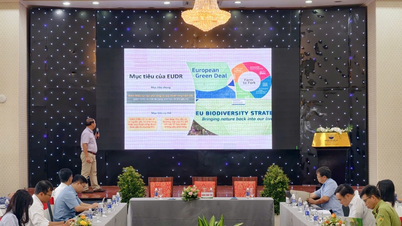

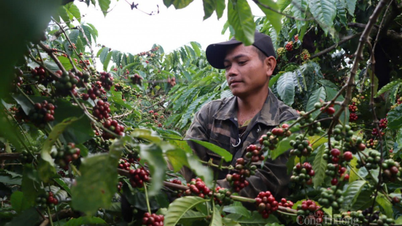

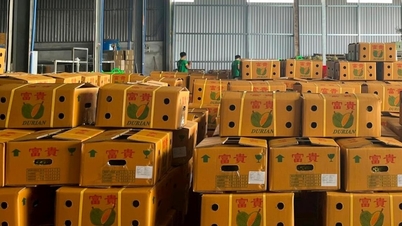

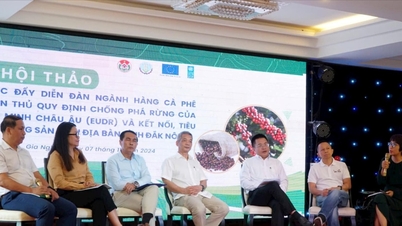
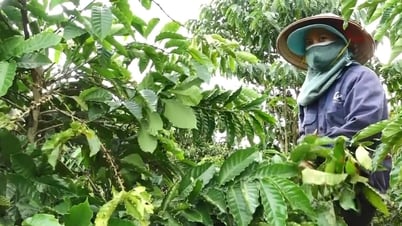
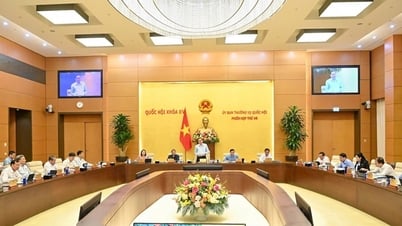

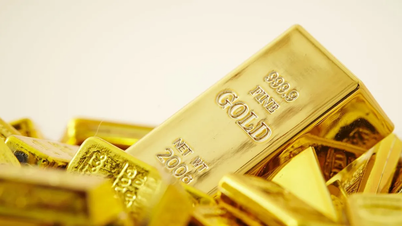
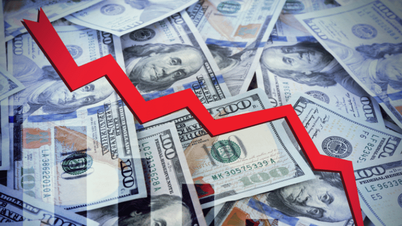
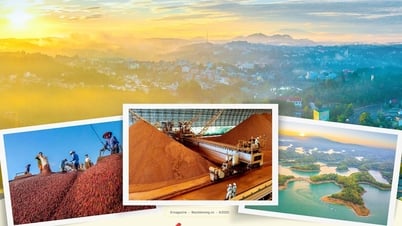

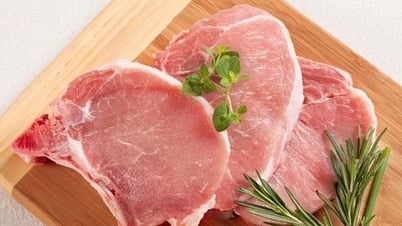





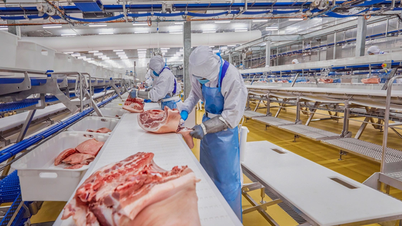































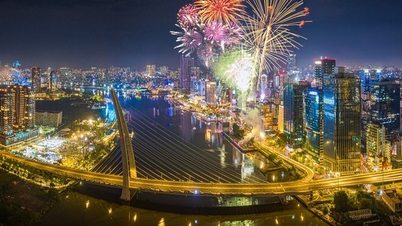






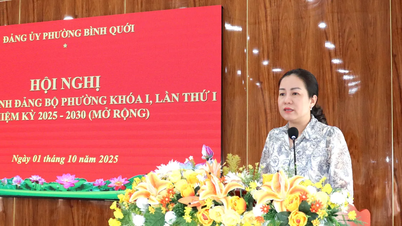

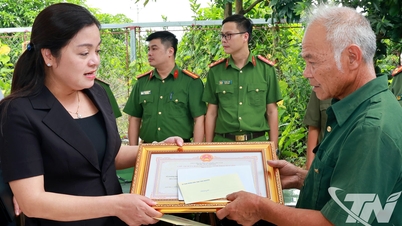

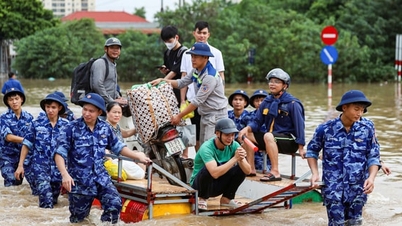

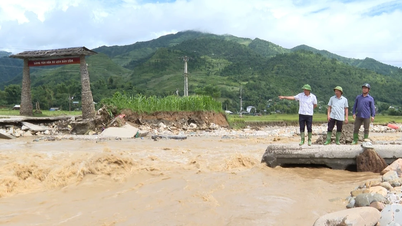

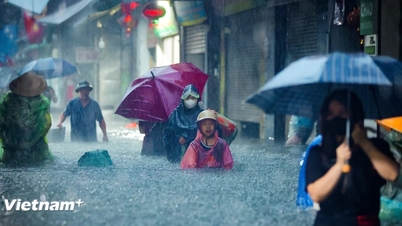

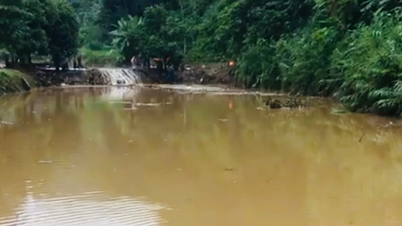














Comment (0)